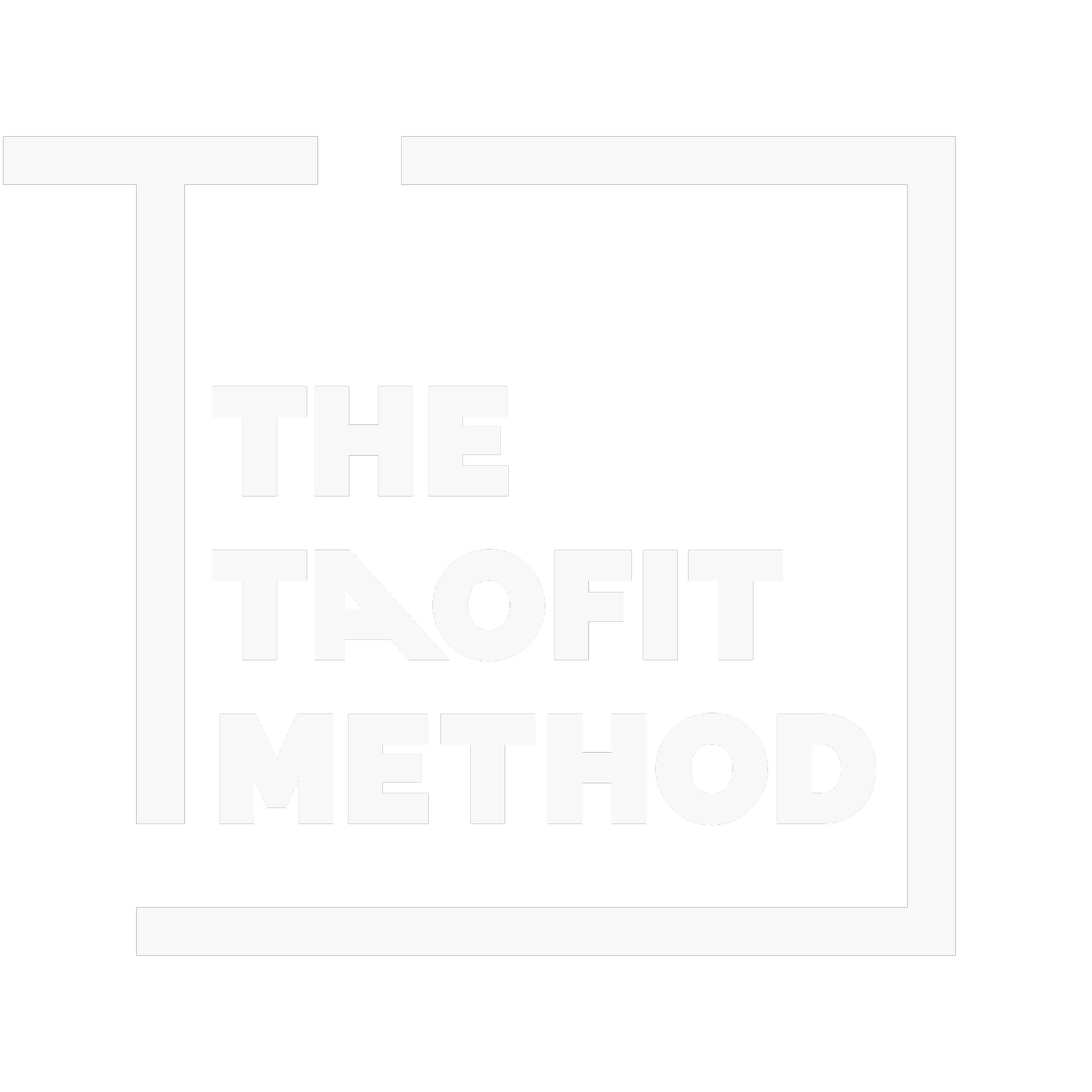START HERE: The TAOFit Daily Movement Assessment
This class is new, important, and foundational.
We have been building toward it for months, and now it is finally here. If you want to understand the heart of the TAOFit Method, this is the place to start.
For the bigger picture of how this class fits into your first 30 days and beyond, read the companion blog: The TAOFit Method: Daily Practice
Who This Is For
This class is designed for anyone beginning their movement journey. It works if you are:
Living with chronic pain or recurring tension
Coming back from injury and rebuilding trust in your body
A desk-bound professional noticing stiffness creep in
An older adult or active senior wanting to move with confidence
An athlete seeking to fine-tune performance or recover from training
Simply curious about starting a daily practice
Why This Matters
This is not a workout to push through. It is a practice of awareness. By slowing down, breathing, and checking in, you begin to notice the differences between one side of your body and the other, and how imbalances in one joint often echo somewhere else.
Your body is always speaking. The goal of this practice is to help you learn how to listen.
Rules of Pain
Before you dive in, take a moment to watch this short Rules of Pain video. These guidelines set the foundation for safe, effective practice:
Pain is binary. It is either present or not.
If it sharpens, pinches, or feels threatening: stop or adjust.
Keep discomfort below 3 out of 10.
Practicing within safe ranges builds trust and supports recovery.
Inside the Class
We go joint by joint, comparing right and left sides, and noticing how balance in one area connects to another. You will:
Use crocodile breath to establish awareness in the belly and low back
Check the feet, ankles, wrists, and hands for side-to-side differences
Explore pelvic tilts and spinal waves to feel how the spine moves segment by segment
Work with shin box hip mobility and glute activation to assess hip stability and support
Assess neck and shoulder mobility. Notice differences within each and how they connect
How to Use This Class (First 4–6 Weeks)
Return daily for a 5–15 minute check-in
Revisit the full class weekly
If you miss a day, restart. Consistency matters more than perfection
As awareness grows, add short “movement snacks” into your day
This assessment works like a movement journal. Each time you return, you collect more data about how your body feels and moves. You will be able to use these patterns to guide your practice over time.
Closing
Be curious, go slow, and notice what changes along the way.
Ready to begin?


